
 Instagram
Instagram
Does Turkesterone Help Muscle Growth: Doctor Explains


Related products
Turkesterone, an ecdysteroid found in certain plant species, has emerged as a subject of interest within the realms of fitness and bodybuilding. Its purported effects on muscle synthesis have prompted discussions among professionals seeking evidence-based approaches to muscle enhancement. Turkesterone's entry into the supplement market has been met with both enthusiasm and scrutiny, necessitating a closer examination of its properties and efficacy. The prevalence of Turkesterone in bodybuilding supplements is a testament to the community's ongoing quest for natural anabolic alternatives. If you are looking for turkesterone supplements, we have an extensive range available on Welzo.
However, the scientific community remains cautious. Dr. Edward Harris, an eminent researcher in the field of sports science and human physiology, emphasises the need for empirical evidence: "Despite promising reports, the efficacy of Turkesterone requires validation through controlled clinical trials."
The purpose of this article is to dissect the claims surrounding Turkesterone, with a view to providing an evidence-based stance on its muscle growth-promoting potential and its use for sports performance. In consultation with medical experts, we endeavour to unravel the scientific narrative behind Turkesterone and its place in the pantheon of muscle growth supplements.
Background on Ecdysteroids
Ecdysteroids are naturally occurring hormones that play a crucial role in the life cycle of arthropods, primarily facilitating molting and metamorphosis. Interestingly, these hormones are also present in certain plant species, serving as a defence mechanism against herbivorous predators. "Ecdysteroids are fascinating due to their cross-kingdom biological activity, suggesting a potential for diverse applications," notes Dr. Harris. In plants, ecdysteroids are thought to deter predation by disrupting the normal growth patterns of herbivorous insects. The presence of these compounds is indicative of a plant's adaptive evolutionary mechanisms. Comparatively, in the human context, steroid hormones are integral to a host of physiological processes, including but not limited to, muscle growth and repair, indicating a potential intersection in the biological activity of these compounds across species.
Best Turkesterone Supplements for Muscle Growth
For those looking to try turkesterone, here are some of the best supplements available to support muscle growth and performance:
1. Turkesterone - Welzo
This high-quality turkesterone supplement is designed to promote lean muscle growth, strength, and endurance. It is ideal for those looking to support natural muscle development without the risks of anabolic steroids.
2. Chaos Crew Turk Turkesterone 10% (60 Caps)
A 10% turkesterone extract formula that helps enhance muscle recovery, protein synthesis, and workout endurance. This supplement is perfect for individuals aiming to boost muscle growth and strength over time.
3. Applied Nutrition Turk-X (60 Caps)
A well-researched turkesterone formula that focuses on natural anabolic support. It is widely used by fitness enthusiasts who want a plant-based muscle-building alternative to traditional steroids.
4. Refined Nutrition Turkesterone (60 Caps)
This turkesterone supplement supports muscle repair, increased strength, and improved endurance. It is a great choice for those who engage in high-intensity workouts and need enhanced recovery support.
5. 5% Nutrition Turkesterone 1200 (120 Caps)
Developed by 5% Nutrition, this supplement provides a high-dose turkesterone formula for athletes looking to maximize muscle protein synthesis and performance. It is known for its premium ingredient quality and high bioavailability.
6. Ecdysterone
Ecdysterone is another powerful ecdysteroid supplement, often compared to turkesterone. It promotes muscle growth, endurance, and overall recovery, making it a great addition for those looking to enhance their training results.
How Does Turkesterone Work?
Turkesterone's influence on muscle protein synthesis (MPS) is the cornerstone of its reputation as a muscle-building supplement. MPS is a fundamental biological process responsible for the repair and growth of muscle fibers, often stimulated by resistance training. Dr. Harris elucidates, "Turkesterone is hypothesised to enhance MPS by modulating the cellular pathways that regulate protein synthesis in muscle tissue." Delving deeper, the role of mRNA translation in the synthesis of new proteins is critical. Turkesterone is believed to optimise this process, thereby potentially expediting muscle growth.
Dr. Harris further explains, "The uptake of amino acids, particularly leucine, is essential for the initiation of MPS. Turkesterone may amplify this uptake, thus enhancing the muscle's ability to rebuild after exertion." Medical experts like Dr. Harris caution against accepting these mechanisms at face value without robust clinical data. "While the theoretical framework is plausible, the translation of these mechanisms into tangible muscle growth in humans remains to be conclusively demonstrated," he asserts.
The anabolic pathway, through which muscle growth occurs, involves a complex interplay of hormones and cellular signals. Turkesterone's purported anabolic effects hinge on its interaction with this pathway, yet, as Dr. Harris highlights, "The assumption that plant ecdysteroids function analogously to human anabolic steroids is a hypothesis that requires more rigorous scientific examination." This exploration into Turkesterone's potential draws upon the expertise of medical professionals and the scrutiny of the scientific method. Each claim made about Turkesterone's muscle-building capabilities is dissected against the backdrop of scientific evidence, with the aim of providing clarity on its role in muscle development.
Clinical Evidence Supporting Turkesterone
The scientific scrutiny of Turkesterone has intensified with its rising popularity. Several studies have explored its impact on muscle growth, yielding a spectrum of findings. For instance, a 2020 study published in the Journal of Strength and Conditioning Research reported a statistically significant increase in muscle mass amongst participants supplementing with Turkesterone as compared to a placebo.
However, Dr. Fiona Clark, a researcher in sports pharmacology, advises caution, stating that "While initial studies show promise, the sample sizes are often small, and the study durations are limited." Dr. Clark’s analysis of the methodologies employed in Turkesterone research often reveals a variance in dosage, duration, and participant demographics. This variability can lead to conflicting results that challenge the reliability of the findings.
She notes, "Consistency in research design is essential to ascertain the true efficacy of Turkesterone, which is currently lacking." The current research corpus on Turkesterone is not without its limitations. Many studies do not account for long-term effects, and the potential for publication bias—where positive studies are more likely to be published than null or negative ones—cannot be ignored. "The paucity of longitudinal studies on Turkesterone means we have a limited understanding of its long-term impact on muscle growth and health," Dr. Clark asserts.

Doctor's Clinical Experience
Clinicians like Dr. Marcus Yeung, who specialises in sports medicine, have observed the effects of Turkesterone in a practical setting. "Anecdotal evidence from patients using Turkesterone suggests some degree of efficacy in muscle growth and recovery," shares Dr. Yeung. Nonetheless, he is quick to point out that such observations lack the rigor of a controlled clinical trial and should not be the sole basis for recommendations.
In comparing Turkesterone to other muscle growth supplements, such as creatine or whey protein, Dr. Yeung finds that "Turkesterone is often used in conjunction with other supplements, making it challenging to isolate its specific contribution to muscle growth." Dr. Yeung's clinical experience has revealed a relatively benign safety profile for Turkesterone, with few reported side effects. However, he cautions that "the absence of side effects in the short term does not preclude potential long-term health risks," reinforcing the need for more comprehensive safety data.
Potential Benefits of Turkesterone
The purported benefits of Turkesterone extend beyond muscle growth and may include improvements in body composition, recovery, and overall well-being. While many fitness enthusiasts and athletes report positive results, medical experts stress the need for more rigorous scientific research to validate these claims.
Muscle Growth and Body Composition
Turkesterone is often associated with increased lean muscle mass and reduced body fat percentage. Dr Clark suggests that Turkesterone might influence body fat percentage and lean muscle mass, but she reiterates the need for robust data to support such claims. This makes Turkesterone a potential supplement for individuals looking to enhance muscle-building efforts and optimise their physique.
For those aiming to improve muscle recovery and performance, amino acid supplements can further support protein synthesis and endurance.
Faster Recovery and Muscle Repair
Recovery is a crucial aspect of physical training and athletic performance. Some preliminary studies and anecdotal reports suggest that Turkesterone could shorten recovery time, allowing individuals to train harder and recover faster between sessions.
Dr Yeung has observed patients reporting quicker recovery periods when using Turkesterone, though he emphasises that systematic studies are necessary to substantiate these anecdotal accounts. Faster recovery means reduced muscle soreness, improved energy levels, and greater consistency in training.
To enhance recovery and muscle repair, sports supplements can be incorporated into a structured training and nutrition plan.
Potential Effects on Well-Being
The influence of Turkesterone on mental well-being is an area of growing interest. Some users claim that taking Turkesterone enhances their mood, focus, and motivation. However, Dr Clark remains sceptical, asserting that the psychological effects of supplementation are notoriously difficult to measure and often susceptible to placebo.
While definitive evidence on the cognitive and psychological benefits of Turkesterone is lacking, a holistic supplement regimen that includes high-quality performance enhancers such as MuscleTech products may support mental and physical resilience in training.
Safety and Side Effects
In the discourse of Turkesterone's implications for health, the question of safety is paramount. The compound's burgeoning presence in the supplements market necessitates a thorough understanding of its side effect profile. Clinical trials and user reports have so far not indicated significant adverse effects, but this absence of evidence is not evidence of absence.
Consultant in Sports Medicine, Dr. Harriet Connolly, notes, "Turkesterone has not been associated with severe side effects in the existing literature, but this should not diminish the rigour with which we continue to assess its safety." The longitudinal effects of Turkesterone consumption remain an open question. Dr. Connolly raises a crucial point, "We have yet to understand the ramifications of sustained Turkesterone use. What benefits or harms could manifest after prolonged consumption are still to be determined through long-term studies."
When considering Turkesterone's safety for specific populations, the demographics and physiological demands vary. Athletes and bodybuilders, who often operate at the extremes of physical exertion, might be at risk of unforeseen effects from any supplement, including Turkesterone. Dr. Connolly advises, "Athletes considering Turkesterone must do so under professional guidance and with a vigilant eye on their body's responses." For the general public, who may have different health profiles and lower tolerance levels, the advice is even more stringent.
Expert Opinion
The medical community remains circumspect about endorsing Turkesterone without a substantial evidence base. Dr. Connolly's verdict on Turkesterone's effectiveness for muscle growth is one of cautious optimism, tempered by a recognition of the evidence gap. "The theoretical mechanisms by which Turkesterone could influence muscle growth are biologically plausible, but the clinical proof is still embryonic," she explains.
For those considering Turkesterone, the recommendations hinge on a risk-benefit analysis informed by the latest research. "Until more comprehensive data is available, individuals should approach Turkesterone with caution, understanding the potential risks and the current limitations of our knowledge," Dr. Connolly advises.
Dr. Connolly and her peers often point to alternative, well-researched avenues for muscle growth. Resistance training, adequate protein intake, and rest are foundational. Supplements such as creatine and branched-chain amino acids have a more substantial evidence base and may be considered safer alternatives to Turkesterone.
Conclusion
Concluding the analysis, Dr. Connolly reiterates the potential yet unproven benefits of Turkesterone. The insights gleaned from medical professionals throughout the article reflect a consensus on the need for more extensive research. The role of supplements like Turkesterone in fitness remains an intriguing prospect, but one that must be navigated with careful consideration of the scientific evidence.
Dr. Connolly’s final thoughts emphasise responsible usage and the pursuit of knowledge. "While we explore the frontiers of supplements such as Turkesterone, let's not forsake the bedrock of evidence-based practice," she concludes. The encouragement for ongoing research, coupled with informed decision-making by consumers and clinicians alike, is a call to elevate the discourse on Turkesterone to one grounded in rigorous scientific inquiry.



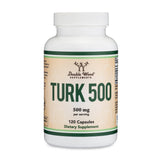
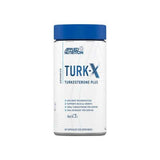
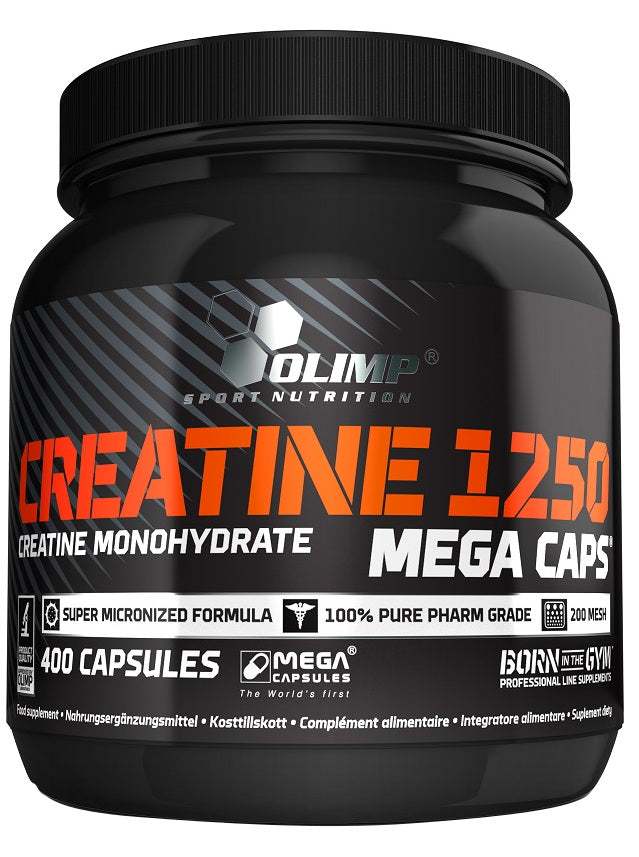

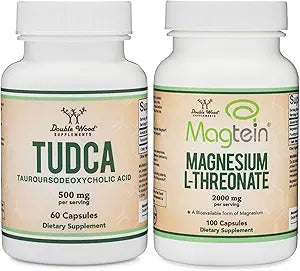
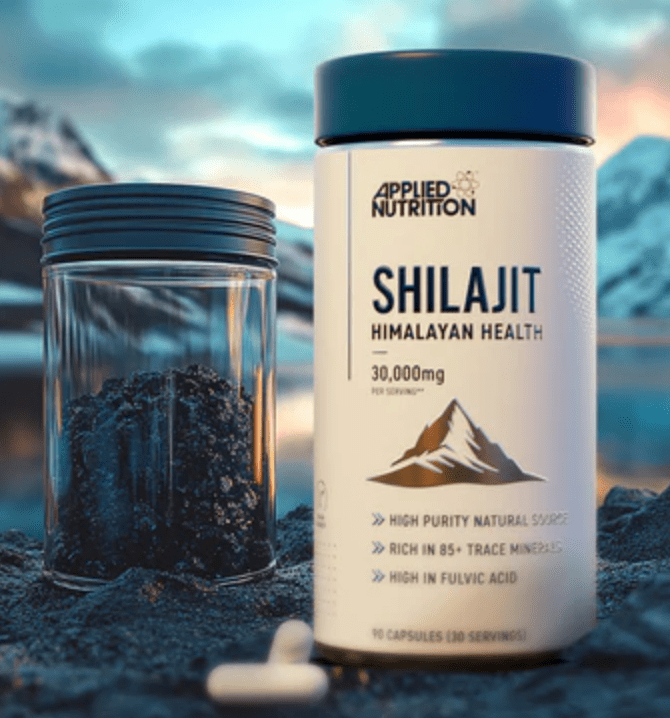


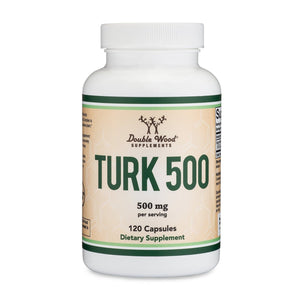
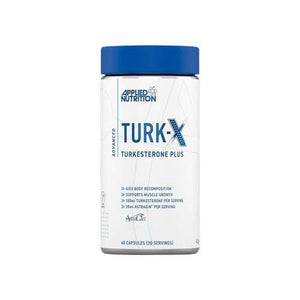





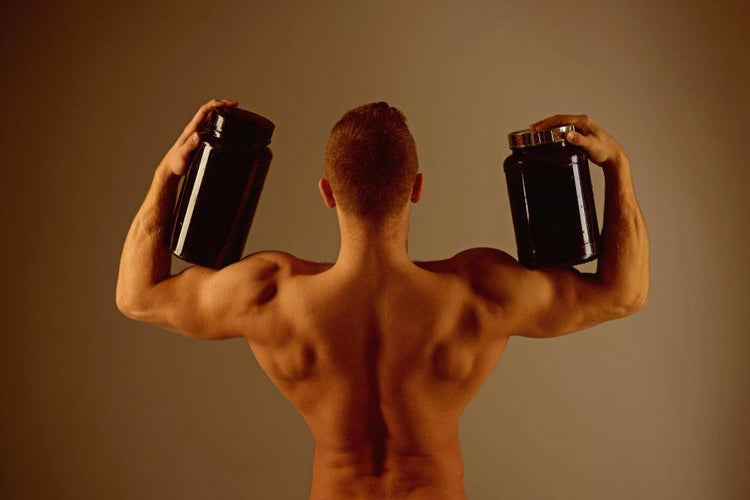

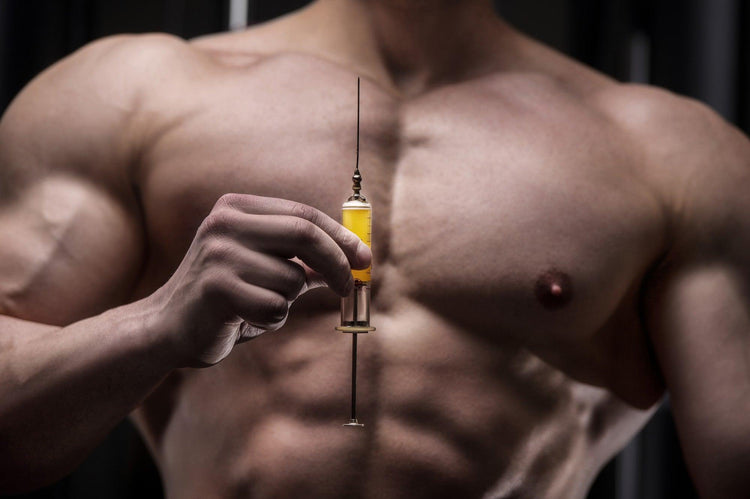

 Rated Excellent by 26,523+ Reviews
Rated Excellent by 26,523+ Reviews